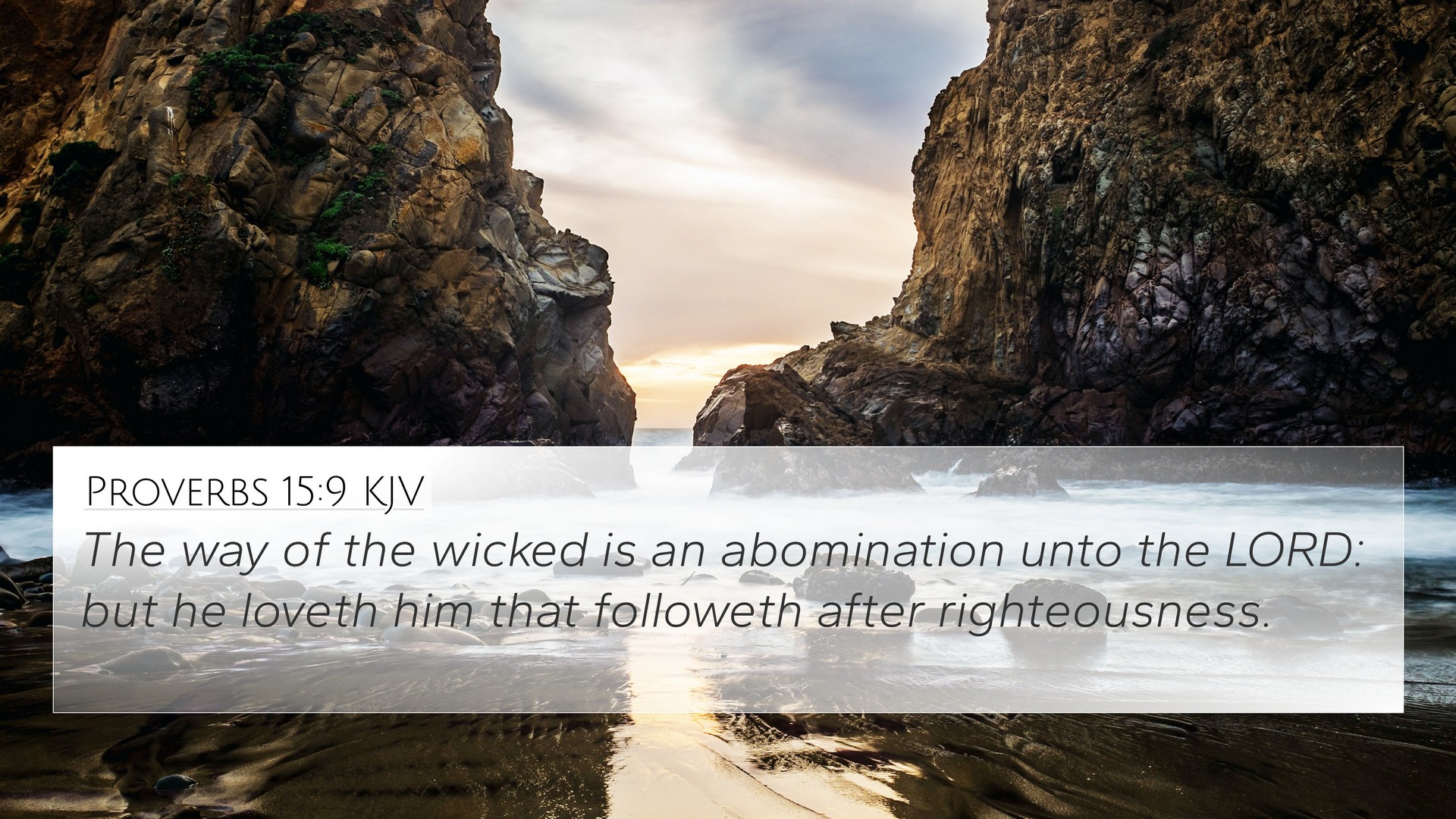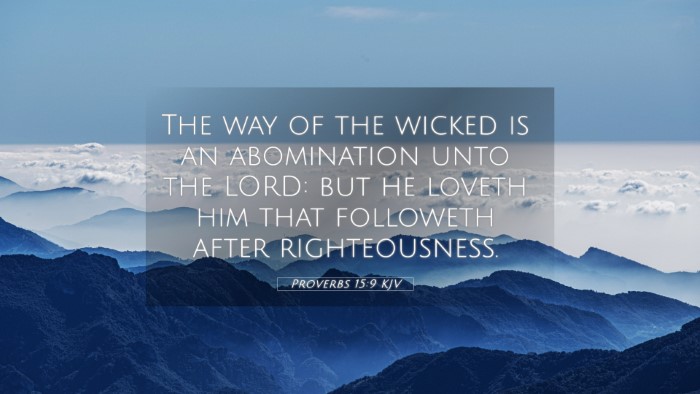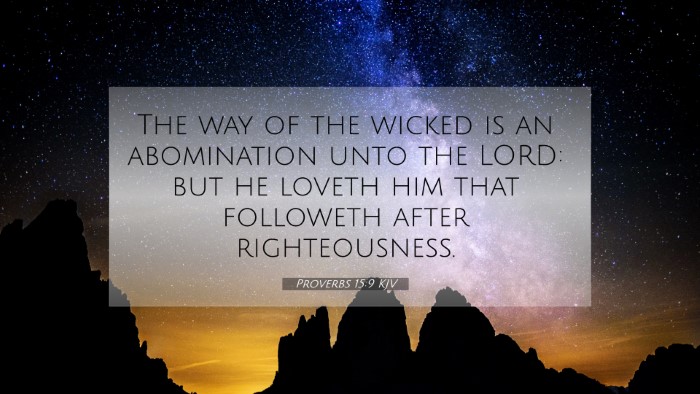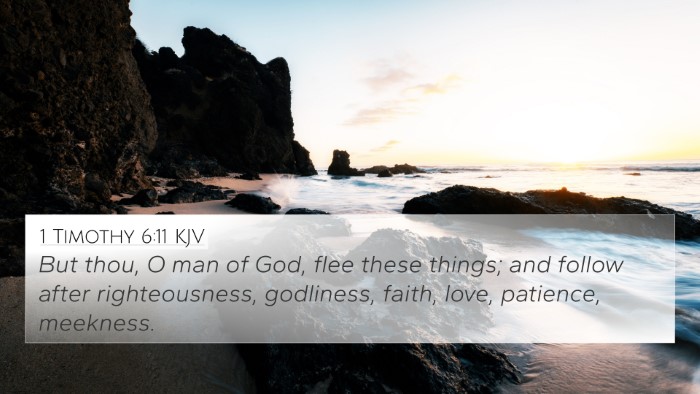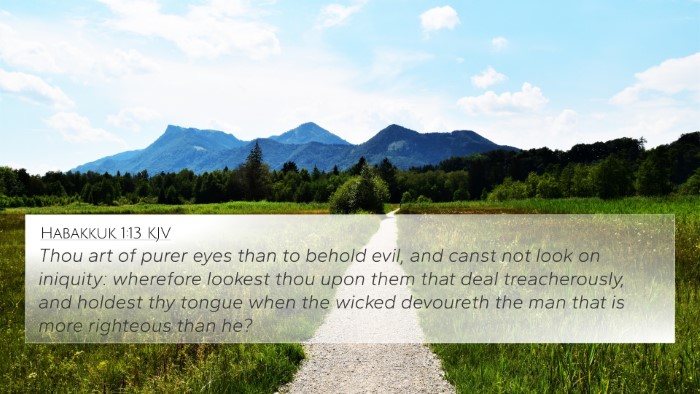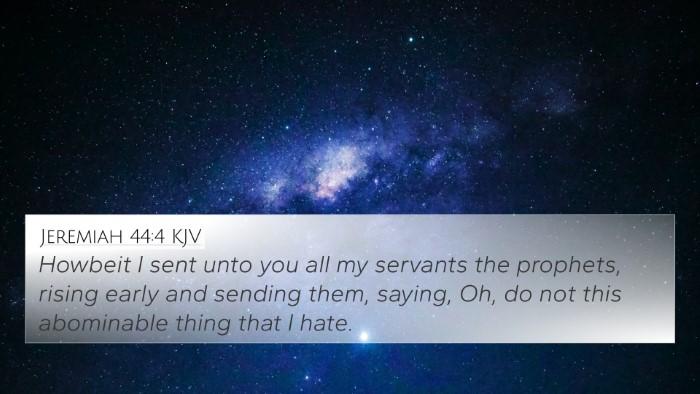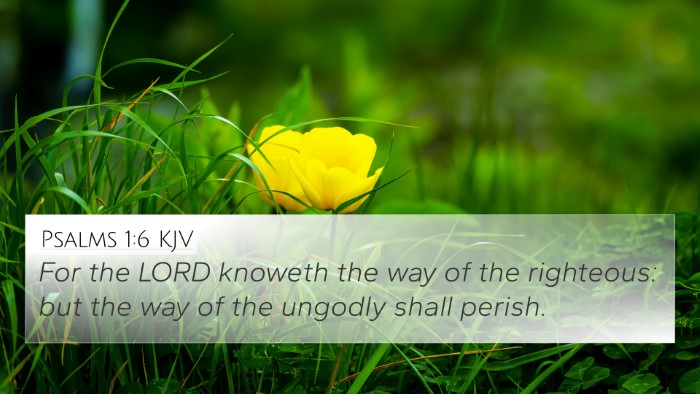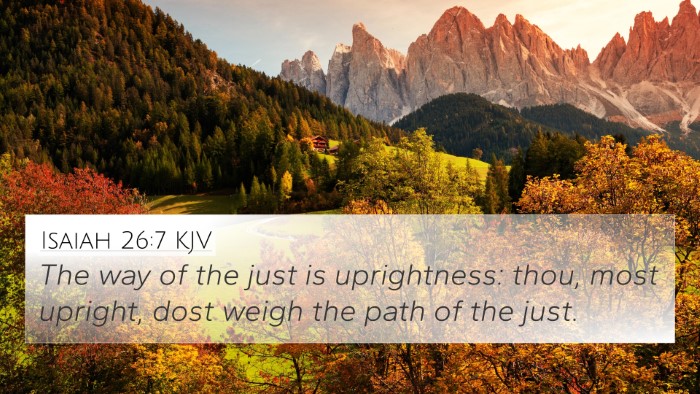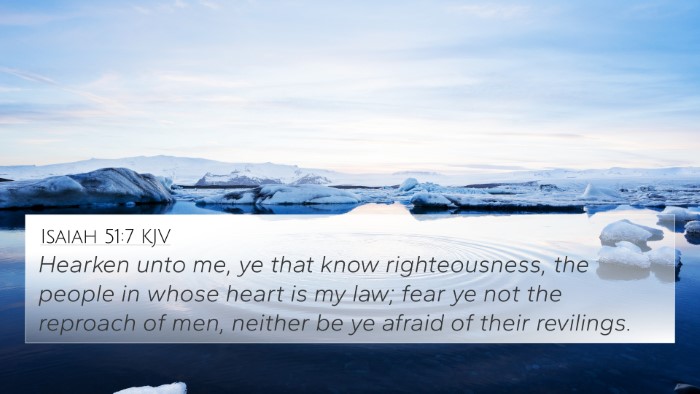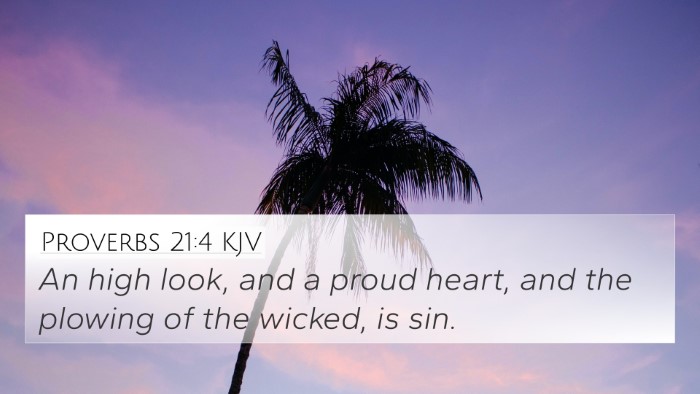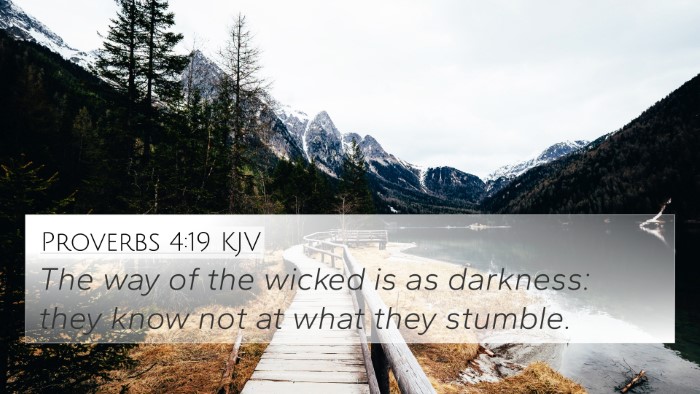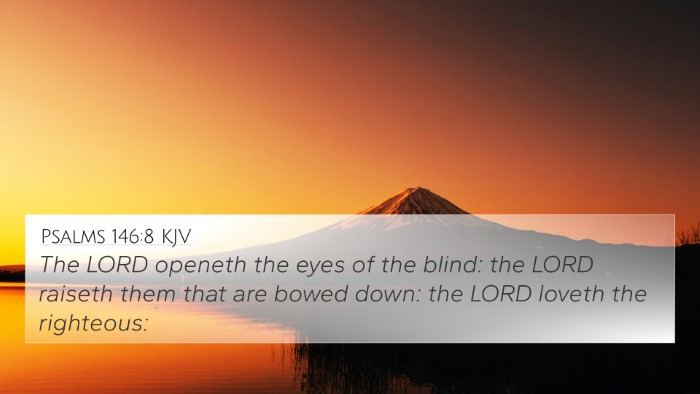Understanding Proverbs 15:9
Proverbs 15:9 states, "The way of the wicked is an abomination unto the Lord: but he loveth him that followeth after righteousness." This verse contrasts the paths of the wicked and the righteous, emphasizing God's attitude towards both.
Verse Meaning and Interpretation
The interpretations of Proverbs 15:9 draw upon various public domain commentaries, which collectively shed light on the significant themes presented in this passage.
Matthew Henry's Commentary
Henry explains that this verse reveals the nature of God’s displeasure towards wickedness. He emphasizes that the term "abomination" signifies something that God utterly detests, highlighting the seriousness of living outside His commandments. In contrast, the verse elevates the status of those seeking righteousness, indicating that God not only welcomes their pursuit but also cherishes them.
Albert Barnes' Commentary
Barnes reflects on the idea that while the wicked may prosper temporarily, their ways are ultimately contrary to God's character. He asserts that God’s love for the righteous is evident in His guidance and provision for them. Barnes also notes that the pursuit of righteousness is not merely an external act, but a heartfelt commitment to living according to God's will.
Adam Clarke's Commentary
Clarke’s examination of this verse links it with the broader context of wisdom literature, which often contrasts the fates of the righteous and the wicked. He elaborates that true righteousness is more than superficial actions, and those who genuinely pursue it are like a treasure in God’s eyes. Clarke also emphasizes that God’s love acts as a guiding force to aid those who strive for moral integrity.
Thematic Connections
Proverbs 15:9 offers a profound exploration of themes pertinent to the moral landscape of Scripture. The verse serves as a focal point for understanding God's judgment and mercy, providing deeper insights through cross-referencing other biblical texts.
Cross-References and Related Verses
- Psalms 1:6 - "For the Lord knows the way of the righteous: but the way of the ungodly shall perish."
- Proverbs 4:19 - "The way of the wicked is as darkness: they know not at what they stumble."
- Proverbs 12:22 - "Lying lips are abomination to the Lord: but they that deal truly are his delight."
- Isaiah 55:7 - "Let the wicked forsake his way, and the unrighteous man his thoughts: and let him return unto the Lord, and he will have mercy upon him."
- Romans 6:23 - "For the wages of sin is death; but the gift of God is eternal life through Jesus Christ our Lord."
- 1 John 2:29 - "If ye know that he is righteous, ye know that every one that doeth righteousness is born of him."
- Matthew 7:13-14 - "...the way to life is narrow and few find it."
Purpose of Cross-Referencing
Using a biblical cross-reference system enriches one's study of scripture. Cross-referencing provides insights into the consistency of God's message and helps identify thematic connections within His Word. Understanding the connections between Bible verses can lead to a more comprehensive grasp of biblical principles and teachings.
Tools for Effective Cross-Referencing
To facilitate a deeper understanding of the Bible, various tools and resources can be utilized:
- Bible Concordance - Helps in locating scriptures based on keywords.
- Bible Cross-Reference Guide - Offers thematic and contextual connections between verses.
- Bible Reference Resources - Compiles links and contexts among scriptures for comprehensive study.
Applying Cross-Referencing in Study
When engaging in cross-referencing Bible study methods, you can:
- Identify connections between Old and New Testament - Explore how themes such as righteousness are discussed in both testaments.
- Look for cross-referenced themes - Such as love, mercy, and justice, to see how they interweave throughout scripture.
- Utilize detailed studies of Gospels - For example, comparing how different Gospels present the teachings of Jesus on righteousness.
Conclusion
Proverbs 15:9 serves as a reminder of the stark contrast between the wicked and the righteous, a theme echoed throughout the scriptures. The insights gathered from public domain commentaries enrich our understanding of this verse, encouraging believers to actively pursue righteousness in their lives. Additionally, employing a structured approach to cross-referencing biblical texts helps to uncover the profound interconnections woven through God’s Word.
